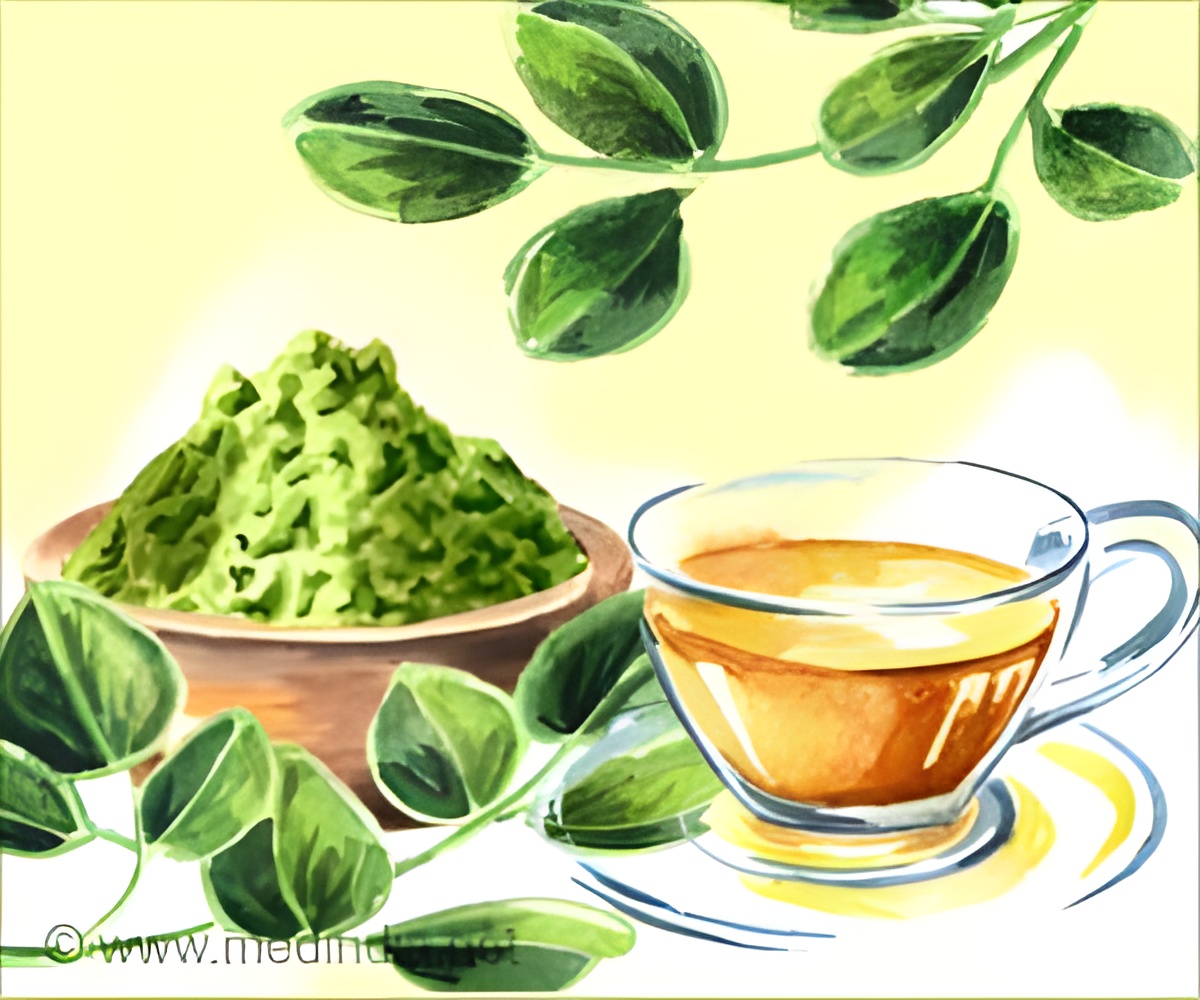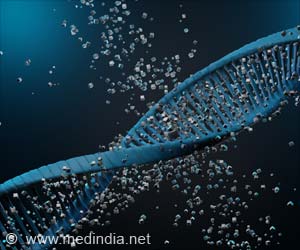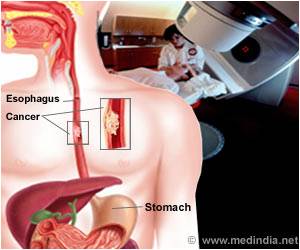Study on green tea compound points to a new target for drug discovery.

‘EGCG helps to undo the near-constant damage caused by using oxygen metabolism with its antioxidant properties.’
Read More..




The study aimed to examine the direct interaction between p53 and EGCG.Read More..
Chunyu Wang, corresponding author, "Mutations in p53 are found in over 50% of human cancer."
He continues that they have found a previously unknown, direct interaction between the two, pointing to a new path for developing anti-cancer drugs.
P53 has countless anti-cancer functions like stopping cell growth to make room for DNA repair, activating DNA repair, and initiating programmed cell death (apoptosis) if DNA damage cannot be repaired. One end of this protein is called the N-terminal domain, which has a flexible shape and can serve multiple functions depending on its interaction with a particular molecule.
EGCG helps to undo the near-constant damage caused by using oxygen metabolism with its antioxidant properties. It is also used as a herbal supplement.
Advertisement
Wang explains that EGCG competes with MDM2 and binds at the same place, the N-terminal domain. When this binding happens, the level of p53 increases because degradation by MDM2 doesn’t occur. This results in an increase in p53 for anti-cancer function.
Source-Medindia















